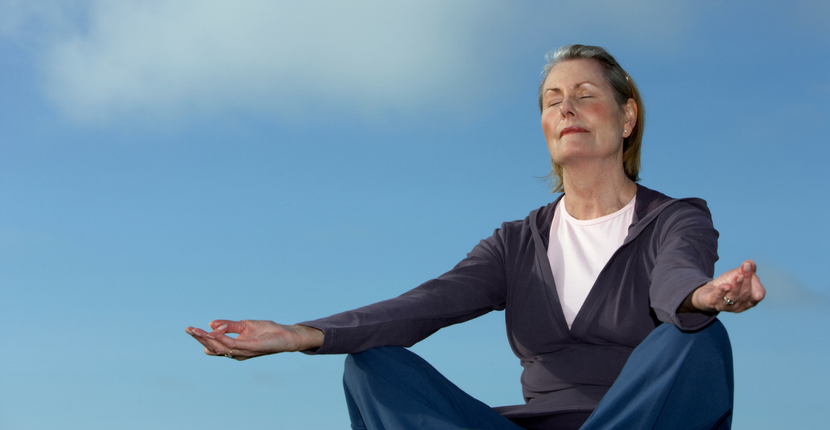One of the simplest and most important exercises that you could possibly do is one you probably think the least about – breathing.
More specifically, it’s mindful breathing.
Mindful breathing is the practice of managing stress, anger and anxiety.
Stress is triggered in the nervous system where it causes the fight or flight response. This happens when the body perceives a threat and reacts by releasing hormones that create physiological changes like escalated heart rate, muscle tone and blood pressure – a reaction that’s only beneficial when we’re under duress or need to act quickly.
Fight or flight is meant to be the body’s short-term response to these threats. Long-term, it can lead to chronic stress that ultimately affects cognitive functioning, emotional self-regulation and physical health.
That’s why mindfulness is such an important technique. It helps you focus on what you’re thinking, sensing and feeling. Experts say that the practice of mindfulness is designed to help you pay more attention to these three concepts in the here and now – without judgement.
Mindfulness has also been shown to help decrease anxiety, increase resiliency to stress and lower anxiety.
And with all of the positive benefits that meditation has to offer, why isn’t it something that people practice more often?
Most folks think it’s just a passing fancy. But nothing could be further from the truth. Meditation and mindfulness have been practiced for centuries in different cultures. They believe it’s a way to effectively gain control over the attention and the mind.
Others may think it’s just something they can’t do. Many of us find it difficult to calm our minds and focus our thoughts on one thing, especially if you’re not used to receiving alternative therapy from a home health care agency specialist. But mindfulness is a process. It is the practice of continually regulating attention – something that takes time, but is also possible.
In case you or your loved one has ever thought about meditation, but hesitated because it just seemed “too hard,” Freedom Home Care found these basic tips to help you along in the process.
First, you want to focus on what’s called mindful breathing. In doing this, you’re paying attention to inhaling and exhaling. As you concentrate solely on your breath, you find that you’re better able to stay in the moment.
Second, you shift your breathing – counting from one to ten before breathing in, while thinking about the next breath.
Third, you are only focusing on the breath – not counting.
Lastly, you concentrate on the sensation you feel on the tip of your nose when the first and last breaths enter and leave your body.




